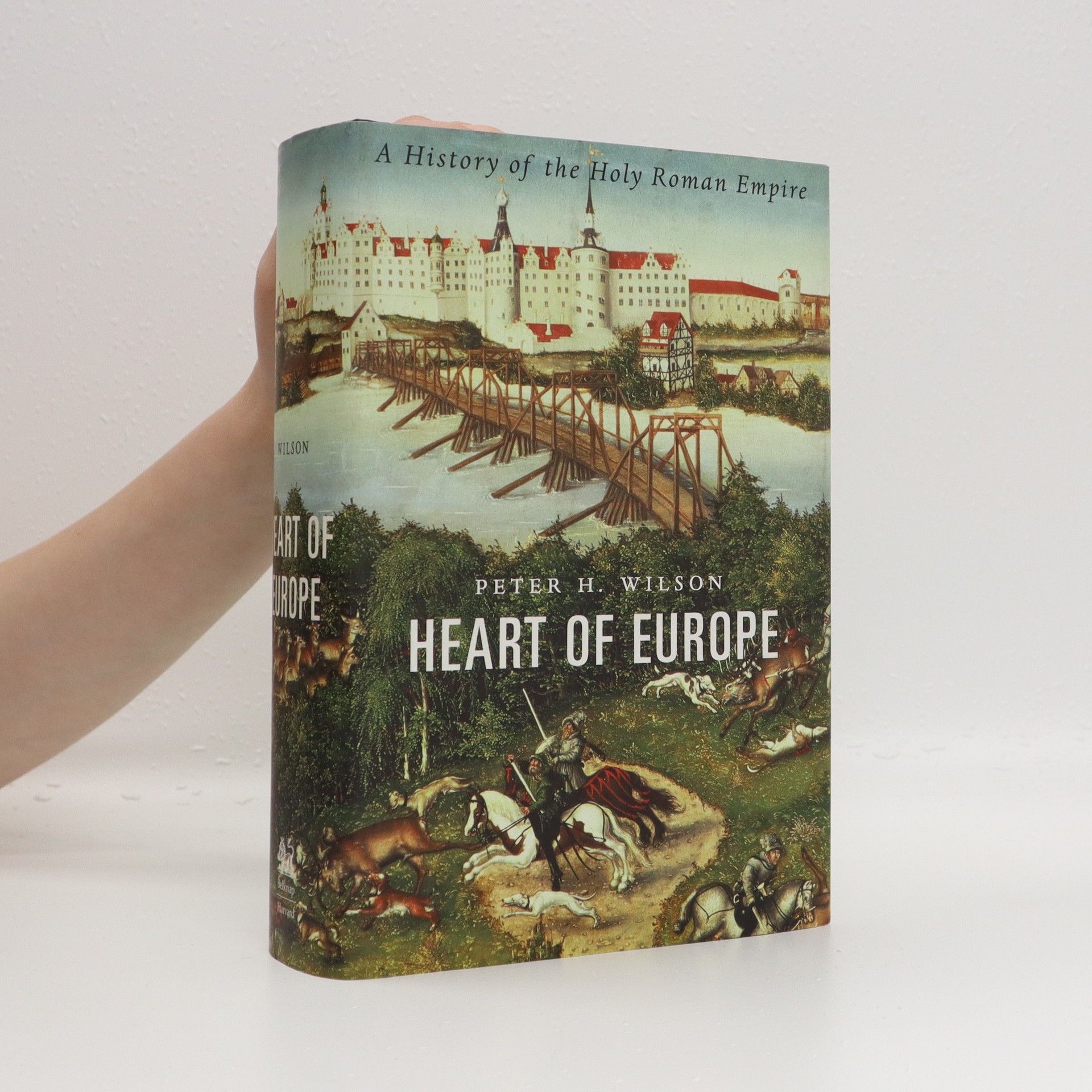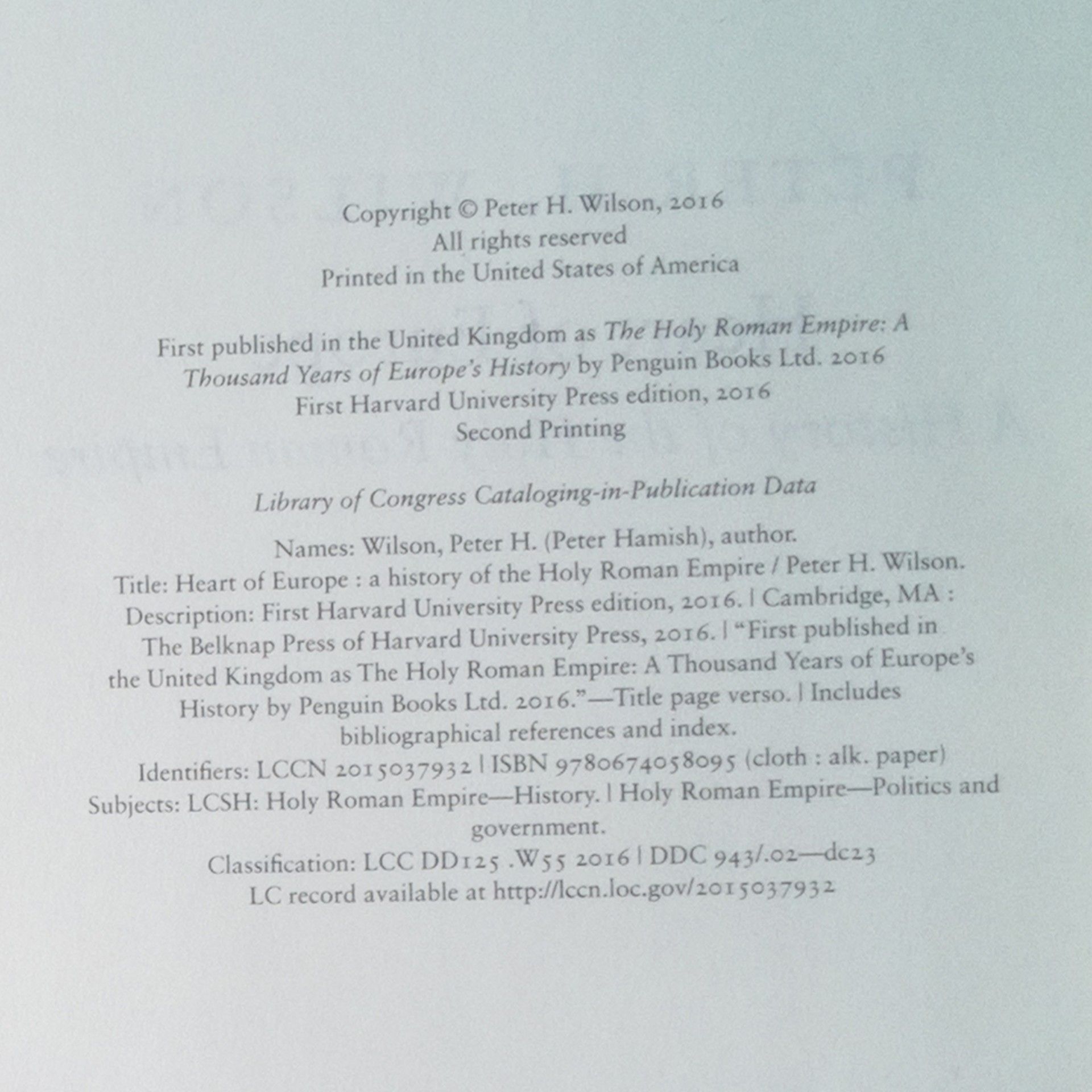Más información sobre el libro
The Holy Roman Empire lasted a millennium, outliving ancient Rome, yet it never commanded the same reverence. Voltaire's quip reflects a long-standing disdain, as it was deemed neither holy, Roman, nor an empire. However, Peter Wilson illustrates that the Empire encapsulates a significant narrative of Europe, more so than the histories of individual nations, influencing contemporary discussions about the European Union. The narrative spans from its inception in Charlemagne's kingdom around 800 to its dissolution in 1806. By the mid-tenth century, its heart lay in the German kingdom, with territories extending from France and Denmark to Italy and Poland. Despite its vastness, the Empire remained abstract, lacking a fixed capital, common language, or culture. Its continuity stemmed from the ideal of a unified Christian civilization, yet this did not shield emperors from conflicts with the pope, culminating in the sack of Rome in 1527. Although the title of Holy Roman Emperor held prestige, rising powers like Austria and Prussia began to dominate. The Empire struggled to adapt to political, economic, and social shifts, and it was not until the French revolutionary wars and a devastating defeat by Napoleon at Austerlitz that Francis II was compelled to dissolve the Empire.
Compra de libros
Heart of Europe, Peter H. Peter Hamish Wilson
- Idioma
- Publicado en
- 2016
- product-detail.submit-box.info.binding
- (Tapa dura)
Métodos de pago
Nos falta tu reseña aquí






